Sudáfrica/Diciembre de 2016/Fuente: All Africa
RESUMEN: El Departamento de Educación Básica finalizó un exitoso curso de tres días de Educación Matemática en Indaba, auspiciado por la Ministra Angie Motshekga y el Viceministro Enver Surty en Pretoria. Entre los participantes se encontraban líderes de opinión y expertos de la industria, la academia, las organizaciones no gubernamentales, el sector de la educación básica y otros departamentos gubernamentales. Los expertos reflexionaron profundamente sobre el panorama de la educación matemática en el sector de la educación básica y dedicaron tiempo a examinar cómo otros países; Internacional y regionalmente éxito en la enseñanza y el aprendizaje de las matemáticas para lograr los buenos resultados de aprendizaje que han hecho a lo largo de los años. Los objetivos de Indaba fueron desarrollar una perspectiva del conocimiento pedagógico de contenido sudafricano que sirva de base para la enseñanza y el aprendizaje de las matemáticas; La integración de la evaluación en la enseñanza y el aprendizaje de las matemáticas; La escritura de libros de texto de matemáticas; Y los programas de formación inicial y continua de maestros constituyeron una gran parte de las discusiones.
The Department of Basic Education wrapped up a successful three-day Mathematics Education Indaba hosted by the Minister, Mrs Angie Motshekga and the Deputy Minister, Mr Enver Surty in Pretoria today.
Participants included thought leaders and experts from Industry, Academia, Non- Government Organisations, the basic education Sector and from other Government departments. The experts reflected deeply on the landscape of mathematics education in the basic education sector and spent time looking at how other countries; internationally and regionally succeed in the teaching and learning of mathematics to achieve the good learning outcomes they have done over the years.
The Indaba’s objectives were to develop a South African pedagogical-content knowledge outlook that will inform the teaching and learning of mathematics; the integration of assessment into the teaching and learning of mathematics; the writing of mathematics textbooks; and the initial and continuous teacher education programmes formed a large portion of the discussions.
Through the three day Indaba the Basic Education Department sought to engage and solicit the intellectual views and expertise of reputable mathematics education practitioners and researchers to contribute to the conceptualisation of the envisaged South African mathematics pedagogical identity. The Indaba also sought to contextualise the international and regional best practices for the South African Mathematics Education milieu by unearthing policy imperatives that are seldom considered in mathematics teaching-learning enterprise.
The Indaba was a huge success, with a draft framework that will shape the approaches to the teaching and resourcing of mathematics education as the key product coming out of three days of hard and focused work. Teams led by the Maths, Science and Technology (MST) Ministerial Task Team will now take the work forward in finalising the work done over the three days and bring it to its conclusion with an informed way forward for South African Mathematics Education. These teams of experts will work in consultation with other key stakeholders in carrying this task forward. The Minister has given the team 12 months to complete this work and to present back to the Mathematics Indaba the final Mathematics Framework, in December of 2017.
Participants expressed excitement on the vision created by the Minister and committed to working with the Basic Education Sector in finding solutions to the teaching and learning of Mathematics in the country.
Fuente: http://allafrica.com/stories/201612150521.html
Imagen de archivo
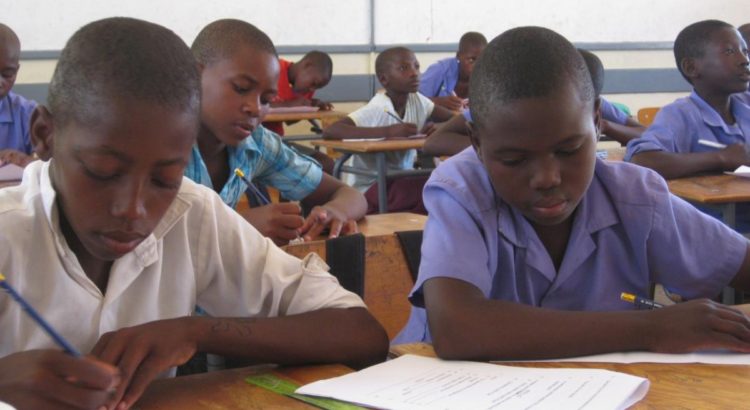
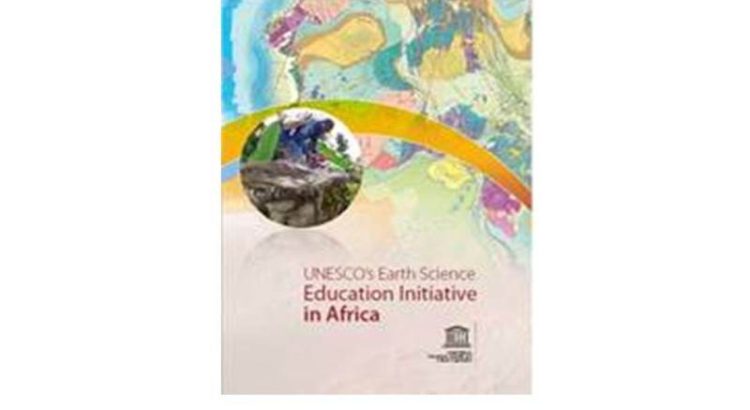
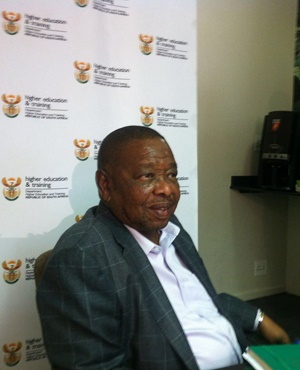
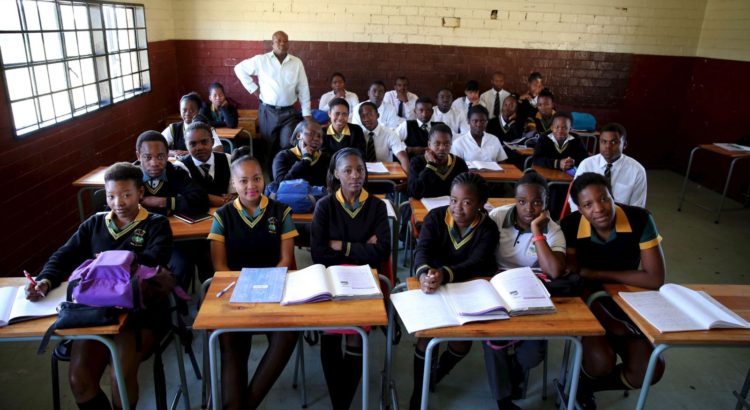
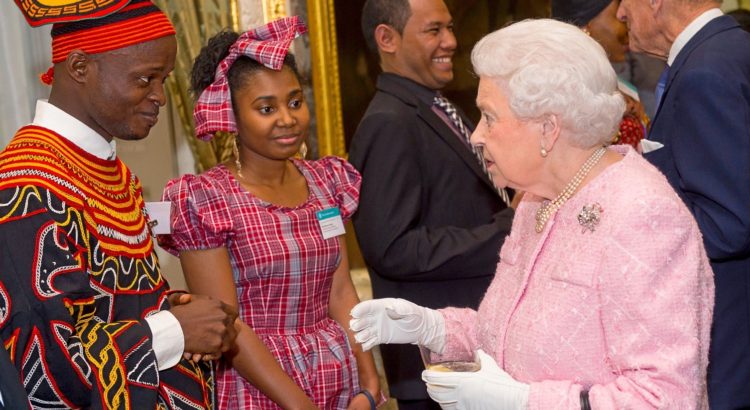
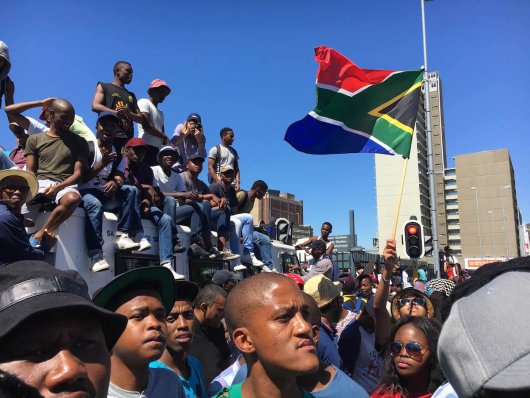
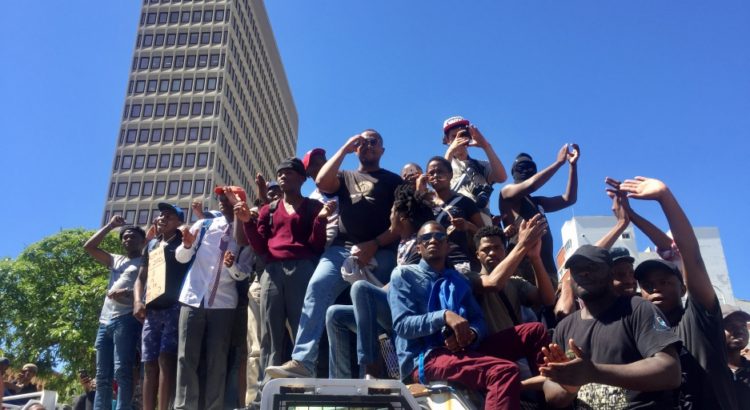






 Users Today : 4
Users Today : 4 Total Users : 35460677
Total Users : 35460677 Views Today : 5
Views Today : 5 Total views : 3419787
Total views : 3419787